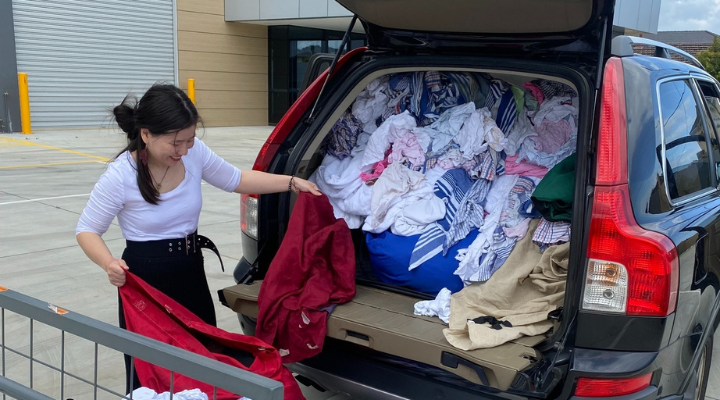Shamila Gopalan is the CCO of the social enterprise SisterWorks Inc., and specialises in scaling NFPs and social enterprises. In this piece, she explains how buyers are increasingly looking to procure from socially-conscious suppliers, and how small businesses and start-ups can align their offerings to benefit from the shift.
In today’s purpose-driven economy, businesses are reshaping operations to create value and drive societal impact.
Social procurement – buying from suppliers with measurable social and environmental benefits – is a key lever for inclusive, sustainable growth. For SMEs and start-ups, it’s an opportunity to secure contracts and build impactful, future-focused businesses.
Here are five ways that small businesses can leverage social procurement opportunities, as well as some practical steps to get started.
1. Understand procurement needs and market demand
Social procurement buyers – such as government agencies and corporations – are increasingly setting targets to source from businesses that address social challenges. SMEs must align their offerings to meet these priorities. These might include:
Employment outcomes: Creating jobs for marginalised communities, such as refugees, Indigenous Australians, or women re-entering the workforce.
Sustainability solutions: Offering goods or services that reduce waste, and emissions, or promote circular economy practices.
A recent example of this in action is the partnership between social enterprise SisterWorks’ and Yarra Trams. By delivering sustainable manufacturing solutions, including bespoke tram components, SisterWorks created eight hundred thirty-three hours of employment for priority jobseekers, diverted over four tonnes of waste annually, and increased their revenues.
2. Develop measurable social and environmental impact
SMEs must go beyond intentions and demonstrate tangible impact. Buyers are looking for real metrics – whether it’s jobs created, waste diverted, or emissions reduced. If you want to benefit from social procurement, you’ll need to be able to track the outcomes of your work and produce regular and transparent impact reports.
3. Build credibility through certification
Certifications like Social Traders and B Corp are powerful tools that verify a business’ social impact. Many procurement frameworks prioritise certified suppliers, making it easier for SMEs to secure contracts.
4. Network and forge partnerships
Collaboration is key to scaling impact. SMEs can join forces with other social enterprises, suppliers, or contractors to deliver larger solutions that meet buyer requirements. Attend events like Social Traders’ Convene Conference to connect with procurement leaders and potential partners.
SMEs can form partnerships to upskill employees, co-develop products, or meet tender requirements. For instance, Australian startup Loop, a circular economy business, collaborated with food delivery services to repurpose packaging waste into reusable materials for the hospitality industry. This partnership not only helped Loop establish credibility but also contributed to significant waste reduction.
5. Embed ESG goals into business strategy
Businesses that integrate ESG principles into their core operations are more attractive to procurement buyers. SMEs can stand out by:
- Offering sustainable, ethical products that align with circular economy principles
- Creating programs to hire, upskill, and empower underrepresented communities
- Sharing transparent reports to demonstrate progress and outcomes
Social procurement is not just a trend – it’s a transformative opportunity for SMEs and startups to grow while driving meaningful social and environmental change. As the demand for socially conscious suppliers continues to rise, SMEs and startups that embrace social procurement will position themselves for long-term success, benefiting their communities, partners, and bottom line.









